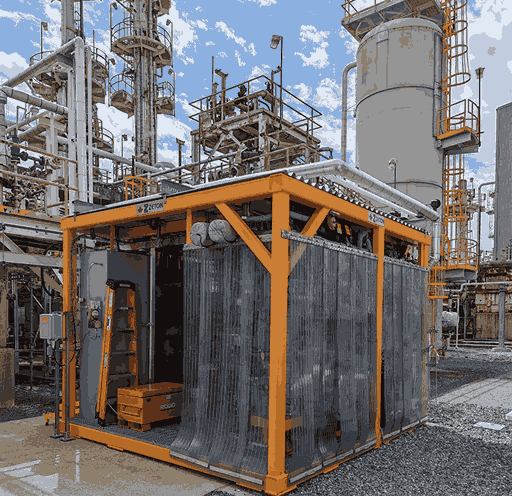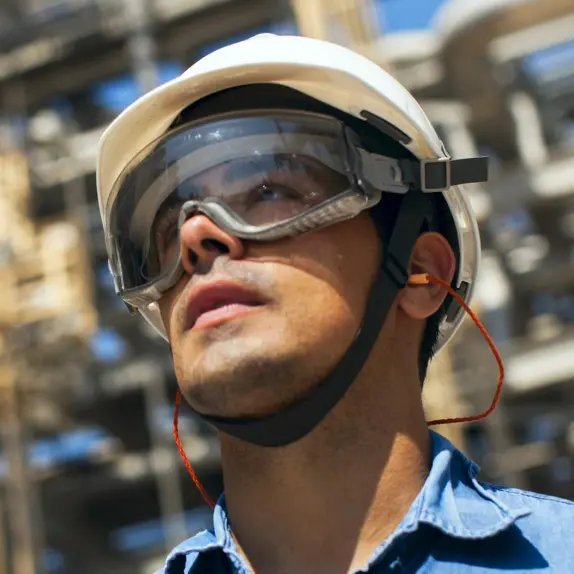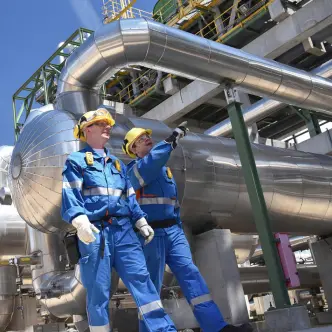In times of crisis, export to grow

Walmir Soller*
The year 2015 was certainly challenging for the business sector, and 2016 should be no different. To get an idea, data from the Brazilian Plastics Industry Association (ABIPLAST) indicate that the physical output of processing companies fell by 9.3% from December 2014 to November 2015, while the overall industry fell 7.7% in the same period.
It is a fact, therefore, that the Brazilian market is shrinking. Consumption has dropped in the country and is not expected to grow in the short term. Recent data from the National Association of Vehicle Manufacturers (ANFAVEA) show that vehicle sales fell by 26.6% last year, returning to 2007 levels, while production fell by 22.8% compared to 2014. Estimates for 2016 are not encouraging. A 7.5% decline in sales and an increase of only 0.5% in production are expected.
Although optimistic scenarios point to a recovery in the second half of the year, with an unstable domestic market, the plastic processing industry needs to invest in new strategies to continue to grow, it will not be possible to gain market share in the country. When the market shrinks, the alternatives are to reduce production, enter a price war to maintain sales, or develop new markets and/or applications.
A reduced production means layoffs and loss of expertise and operational synergies. The price war is not a smart alternative as it invariably leads to the collapse of companies or entire sectors. Therefore, it remains at such moments the development of new applications and markets.
In this context, exports have emerged as a serious alternative to new markets, boosted by exchange devaluation, which has a positive aspect for the Brazilian industry by placing its products on a better level of competitiveness. Local costs, including labor and electricity, quoted in dollar, have undergone major decreases. This is a big push for those who needed a sign to invest on the international market.
China's recession should not scare those who bet on exports, as there is a much closer exist: neighboring countries and members of the Mercosur countries. Argentina, for example, after shrinking for several years, is experiencing a moment of euphoria with the new government and expected GDP growth of 1% for 2016. Bolivia, Paraguay and Uruguay are expected to grow by 5%, 3.8% and 2 6%, respectively, this year.
We should not forget the new industrial momentum of the United States, including the recovery of a few sectors and attractive opportunities for follow-ups such as polypropylene. In the North American country, the atmosphere is of an overall good mood.
The success abroad, however, requires that processing companies be prepared for this new business strategy, strengthening their management, being able to fulfill the quality requirements of partners in other countries and prepared to meet the increased demand. There are a number of initiatives aimed at promoting industry development, such as the Plastic Chain Support Plan (PICPlast), which provides for the establishment of structural programs that contribute to increased competitiveness and growth of plastic processing.
The PICPlast has actions in three areas: encouraging exports of processed plastics, expanding the competitiveness and innovation of the processing industry, and promoting the advantages of plastic. The program also promoted trade shows, seminars and training to strengthen processing companies and professionals working in the sector.
There are also platforms designed exclusively to facilitate access of Brazilian entrepreneurs to foreign trade, such as Think Plastic, which has launched the International Business Training Program. Among the companies associated with the initiative, exports grew by 6.2% in 2015, while there was a decrease in international sales among the other companies.
Processing companies that wish to succeed outside of Brazil should consider different industrial arrangements, with consolidation in some sectors and the search for partners or associates abroad who can contribute to technology or facilitate access to other markets. There is also a great opportunity for innovation.
The fact is, the economic context has changed and the formula that has worked so far will no longer yield the same results. It is time to change the formula and seek new solutions to overcome the crisis and continue to grow.
*Director of the Polypropylene Business of Braskem
For more information related to press, please contact:
Fato Relevante
imprensa.braskem@agenciafr.com.br

Se você é um profissional da imprensa, a Braskem tem um canal feito só pra você.
Acesse aquiPress Releases
More news
Braskem Expands Its Own Fleet with the Brave Future Vessel and Strengthens Global Logistics Strategy

Braskem to Present Potential Transforma Rio Project During Petrobras Ceremony in Rio de Janeiro

Danone Leads Sustainable Innovation with Nature-Inspired, Lighter Packaging Featuring Lower Environmental Impact

Braskem Completes First Sale of Circular PE in South America

Update on Upsyde

Braskem and Ardent Advance Breakthrough Olefin Separation Technology Towards Commercial Implementation
Customers
Become a Braskem customer
Braskem is one of the largest suppliers of chemical and petrochemical products in the world, recognized for its focus on sustainable development, innovation and quality.
We believe in lasting partnerships, we have a broad portfolio of products and we work together with our customers to create new practical and sustainable solutions in all markets.
Talk to our sales team


 Braskem Global
Braskem Global
 Braskem Idesa
Braskem Idesa
 Braskem USA
Braskem USA
 Braskem Europe
Braskem Europe





